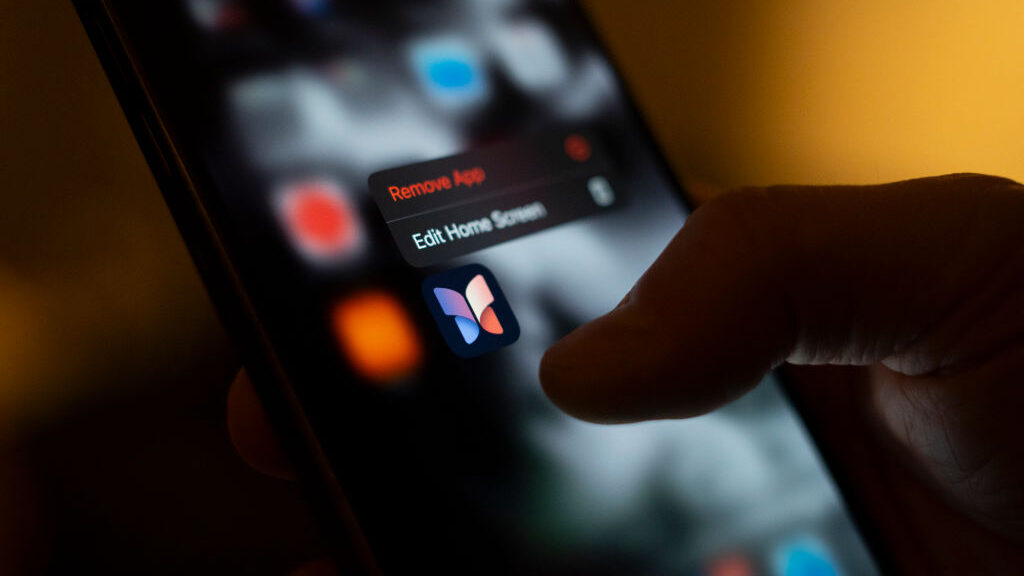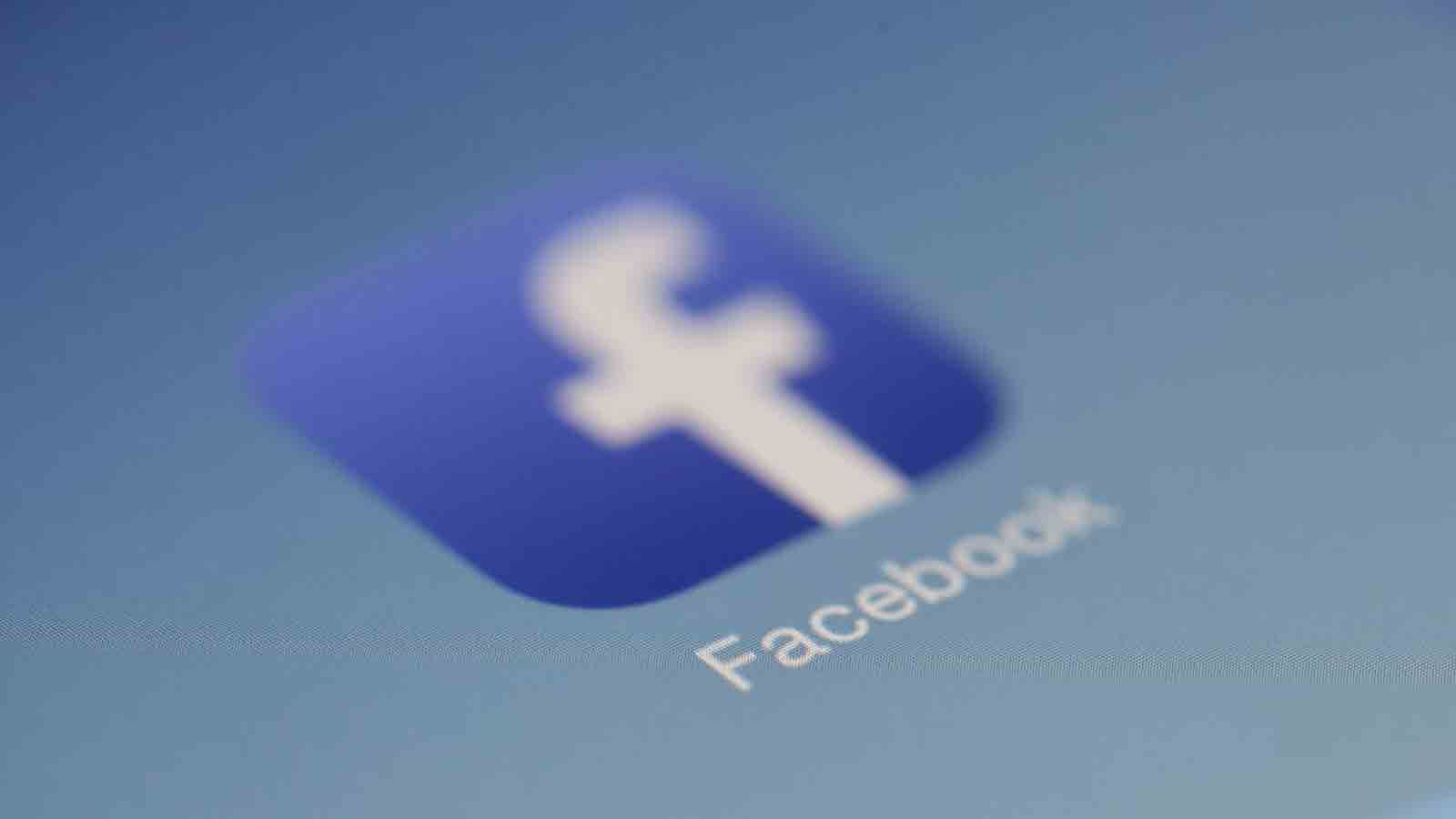The essential privacy tool to protect you from Big Tech is a VPN
Jan 24, 2021, 5:00 AM

(Pexels Photo)
(Pexels Photo)
My inbox is filled with people asking how they can stay out of Big Tech’s reach.
It starts with the services you use. Yes, they’re mostly free, but remember what you’re paying with: Your data. Tap or click here for services you can use that aren’t under Big Tech’s control.
You’ll also need to take a crack at wiping away what those companies already know. Tap or click here for the steps to erase what Google has collected on you over the years.
For years I’ve encouraged my listeners and readers to use a VPN. With just a click, you can keep online snoops, including Big Tech and your ISP, out of your digital life. Let’s dive into how it works.
What is a VPN and what does it do?
Let’s start with the basics. A VPN, or virtual private network, is a layer of protection between your devices and the internet. It hides your IP address and your location. It also encrypts your data after it leaves your device and travels to whatever website you’re visiting.
There are many free VPNs available, but I highly recommend you skip those. Again, when something is free, there’s often a hidden cost.
Free VPN apps have been caught hiding malware, improperly securing info, and packaging up and selling your data.
That defeats the purpose of using a VPN in the first place. Plus, free options generally aren’t as reliable or speedy as paid options.
There’s nothing wrong with trying to save money, but online security is one place you can’t skimp.
What makes a good VPN?
Just because you’re paying for a VPN doesn’t mean you’ll automatically get adequate protection.
Even the big names have had their fair share of hacks, breaches and questionable privacy practices. Here are a few of note:
● Avast-owned HMA VPN (Hide My [Expletive]) logged user data until rolling out a new policy in 2020.
● NordVPN was hacked in 2019 when a cybercriminal broke into one of its Finnish servers and leaked security certificates.
● A handful of VPNs, including UFO VPN and Rabbit VPN, leaked 1.2TB of user data last summer.
● Hackers exploited Pulse Secure VPN in 2020, more than a year after it released a patch to fix a vulnerability.
Bottom line: Do your research before you commit to a VPN. Avoid free options and invest in one that doesn’t have a history of questionable behavior or security breaches.
Two factors that count
In the old days, we had to content ourselves with VPNs that made our computers as slow as molasses in January. That was the trade-off. “Sure, my connection is slow, but at least companies can’t track me!”
Nowadays, you might not notice a slowdown at all. I switch on a VPN when I sit down at my computer for the day and never notice it’s on.
You also want a VPN that doesn’t log your data. That includes your browsing history, IP address, session data and a lot more. You’d be surprised how many of them log your info or were caught doing that at some point.
That’s part of why I recommend ExpressVPN. Full disclosure: ExpressVPN is a sponsor of my national radio show.
Here’s something you might not know. Most servers rely on hard drives, which keep all your data until they are overwritten.
Some VPNs, ExpressVPN included, run instead on RAM, or volatile memory. That means data is only stored until the server is rebooted. Surfshark, Perfect Privacy, NordVPN and AzireVPN also use RAM-based servers.
It’s easy to feel powerless when there are signs all around of Big Tech tracking your every move. Losing your privacy isn’t a foregone conclusion, but it can happen if you don’t take proactive steps.
What digital lifestyle questions do you have? Call Kim’s national radio show and tap or click here to find it on your local radio station. You can listen to or watch The Kim Komando Show on your phone, tablet, television or computer. Or tap or click here for Kim’s free podcasts.









